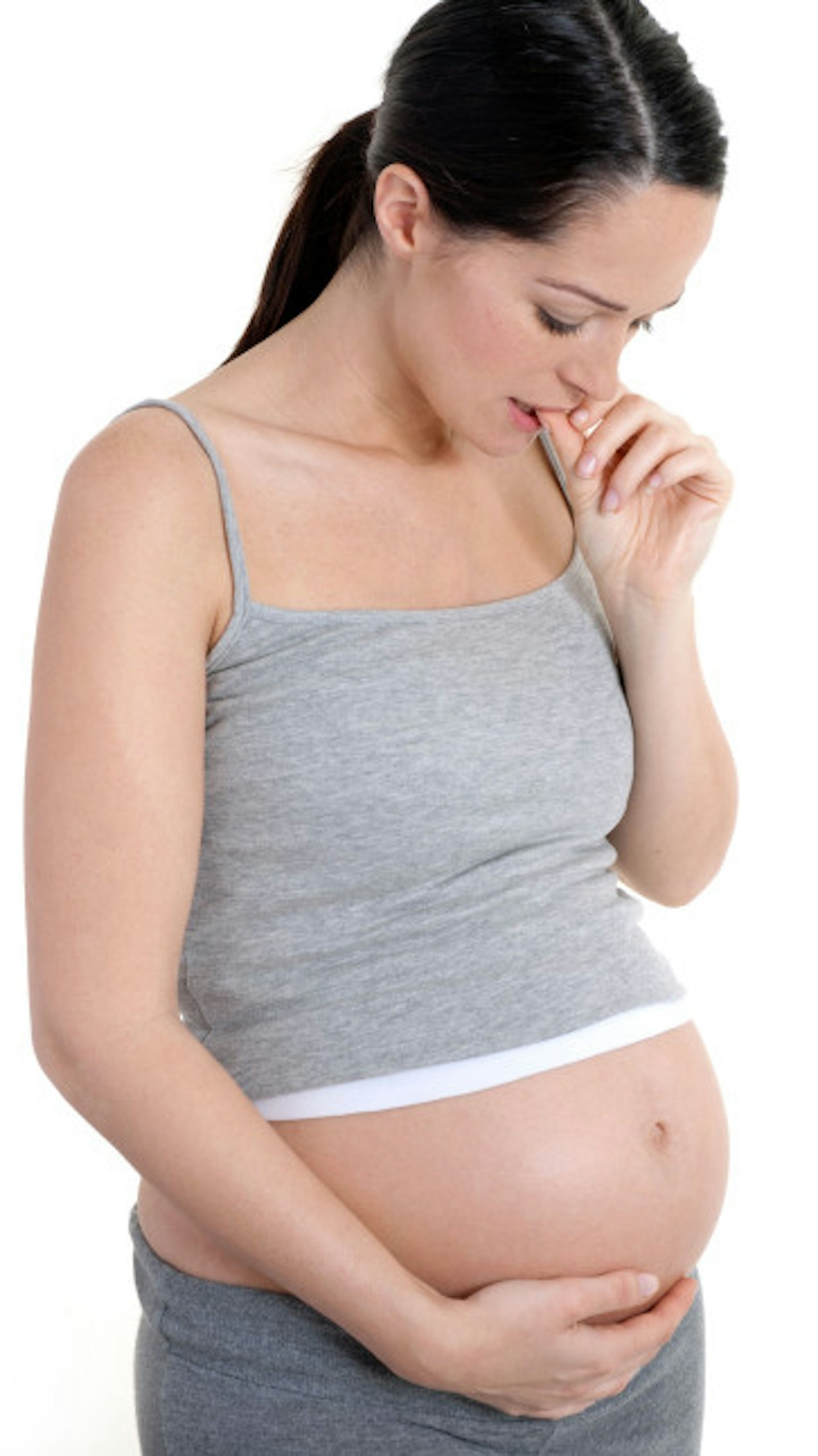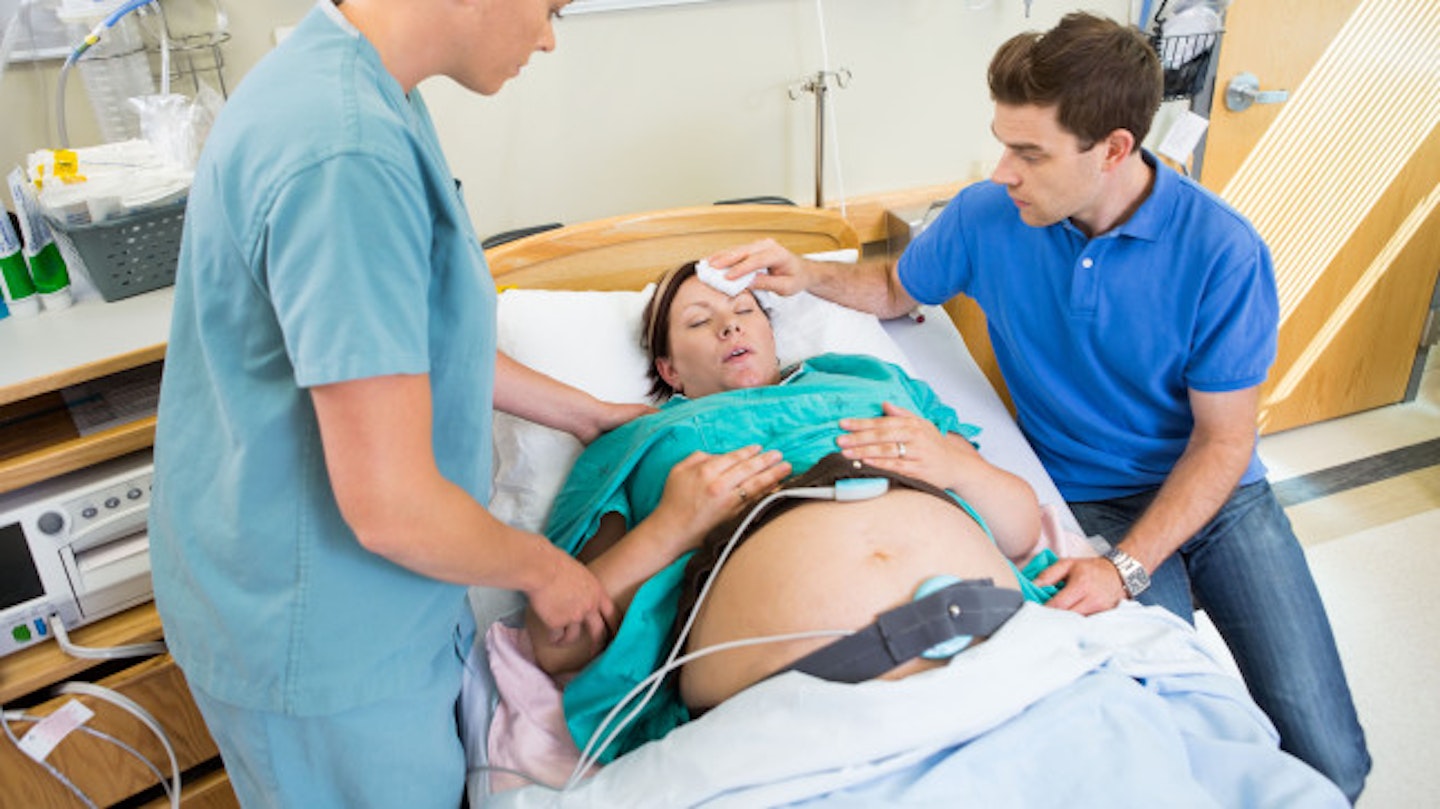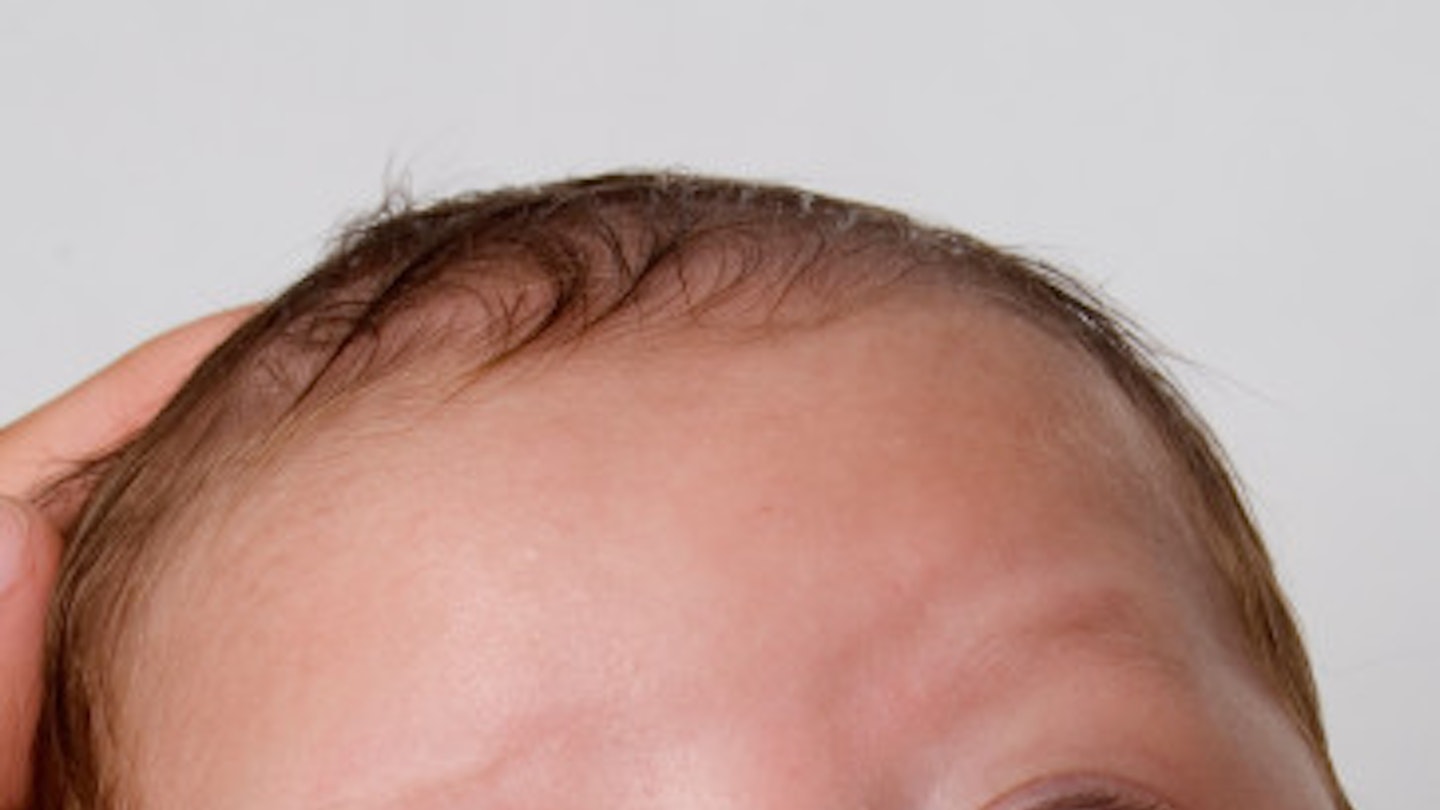According to Group B Strep Support, GBS is the UK’s most common cause of severe bacterial infection in newborn babies (usually septicaemia or pneumonia), and of meningitis in babies under 3 months.
But what is it? And how can it infect babies?
Here we answer all of your questions about GBS.
WHAT IS GROUP B STREP?
Group B streptococcus (GBS) is one of many different bacteria which live inside your body.
In fact, about up to third of us has GBS in our gut without even knowing it - and about a quarter of women also have GBS in their vagina.
However, as carrying GBS doesn’t have any symptoms, it is unlikely that you will know it is there.
HOW IS THIS RELATED TO MY BABY?
GBS bacteria can be passed from you to your baby around labour. The large majority of babies do not develop group B Strep infection, but for the babies who do, it can be life-threatening.
In the UK, about 500 babies develop a GBS infection every year.
And, according to GBSS, Group B Strep is a “recognised cause of preterm delivery, maternal infections, stillbirths and late miscarriages”.
HOW WILL I KNOW IF I AM CARRYING GBS?
You may discover that you have GBS by chance, when you have a vaginal swab taken to check for something else. There is a specific test available for GBS, but it's not routinely carried out in pregnancy.
However, as there are no obvious symptoms of carrying GBS, the majority of women will not know if they are carrying the bacteria.

IS MY BABY AT RISK OF DEVELOPING A GBS INFECTION?
While all babies are at risk of being infected with GBS, there are some high-risk factors which make the infection more likely.
These include:
WHAT CAN BE DONE DURING LABOUR TO PREVENT GBS FROM INFECTING BABY?
All UK national guidelines recommend offering IV antibiotics in labour to mums whose newborn babies face a higher risk of developing a GBS infection.
GBSS explain: “When given from the start of labour or waters breaking (and ideally 4 hours before delivery), this has proven to be very effective at preventing GBS infection in the baby.
“Sadly, waiting to give antibiotics to the baby after delivery will sometimes be too late.”
ARE THERE ANY SIGNS THAT SHOW GBS IS AFFECTING MY UNBORN BABY?
If your pregnancy is progressing normally, then there is no reason to suspect GBS is infecting your baby.
GBSS explain: “If a GBS infection is present, you’ll usually go into labour or your membranes will rupture. And that’s the time to get to hospital as quickly as you can to receive the intravenous antibiotics to give your baby the best protection possible.”

WHAT HAPPENS IF I’M TOLD I’M CARRYING GBS WHILE I’M PREGNANT?
First things first, talk to your doctor or midwife; they should be able to help you come up with a birth plan that will protect your baby from the infection.
A hospital birth will most likely be recommended or birth in an alongside midwife led unit, so that you can take antibiotics if required - and so that doctors can monitor your baby.
CAN I STILL BREASTFEED IF I HAVE GROUP B STREP?
Yes; your baby is at very low risk of developing GBS from breastfeeding, so there is no need to change your plans.
HOW WILL I KNOW IF MY BABY HAS GBS?
GBS infection in newborn babies is usually described as early or late-onset.
Early onset is classed as GBS infection which presents within the first 6 days of life. Late onset on the other hand, is a GBS infection which shows symptoms after the first week (but before 3 months) of life.
Symptoms of early-onset GBS:
According to GBSS, up to 75% of GBS disease in babies is apparent in the first week.
The typical symptoms include:
Symptoms of late onset GBS:
According to GBSS, up to 25% of GBS infections occur after the baby’s first six ays - however it is uncommon after your baby is one month old, and very rare after three months.
The typical symptoms include:
WHAT SHOULD I DO IF MY BABY IS SHOWING SIGNS OF GBS INFECTION?
If a baby shows signs consistent with GBS infection or meningitis, call your doctor immediately. If your doctor isn’t available, go straight to your nearest Paediatric Casualty Department.
If a baby has GBS infection or meningitis, early diagnosis and treatment are vital: delay could be fatal.

HOW WILL MY BABY’S GBS BE TREATED?
According to GBSS, your baby’s infection needs to be treated as soon as possible.
They explain: “GBS infection needs to be treated promptly and aggressively: high doses of intravenous (through a vein) antibiotics should be given as soon as possible and antibiotic therapy should not be stopped prematurely – intravenous antibiotic therapy should be continued for at least 10 days, or 14 days if meningitis is present.
“Given this, the majority of babies with GBS infection can be treated successfully with penicillin, although some will require all the expertise of a neonatal intensive care unit (and sick babies may have to be transferred to a different hospital with specialised facilities).”
They also advise that, before your baby is discharged, they are given a full examination, a full blood count, and a CRP (C reactive protein).
CAN MY BABY BE INFECTED WITH GROUP B STREP MORE THAN ONCE?
According to GBSS, research indicates that a baby who has recovered from a GBS infection is at low but slightly increased risk of re-infection (around 1- 3%).
WHERE CAN I FIND MORE INFORMATION ON GROUP B STREP?
